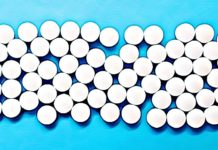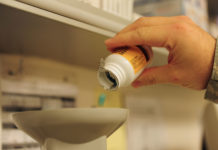Drug Rehabilitation is a program of psychotherapeutic or medical treatment for dependence on psychologically harmful psychoactive substances like alcohol, amphetamines, prescription drugs, or street drugs like heroin, cocaine, or marijuana. Drug Rehabilitation also includes rehabilitation of persons with drug addiction who have lost their jobs, have family problems, or are facing eviction. As with all addiction-based therapies, drug Rehabilitation programs provide the patient with both individual and group treatments to help them overcome their addiction. Some of the common drug Rehab programs include Narcotics Anonymous, Alcoholics Anonymous, and Narcotics Treatment Centers.
Drug Rehabilitation services are also available for patients who suffer from other mental illnesses. People suffering from dementia, Alzheimer’s disease, post-traumatic stress disorder and severe depression are also offered treatment at Drug Rehab facilities. The most common drug rehab programs offered at these facilities are inpatient treatment where patients are admitted for at least one night in a specially designed unit and are allowed to stay there up to a period of six months, outpatient treatment that allow patients to stay for between one day and a week, and residential treatment that allow patients to stay for more than a year. While inpatient treatment offers the best option for those with the most severe addiction problems, outpatient treatment is also beneficial for patients who have less serious addictions. Residential treatment programs may be the best option for those who want to go through rehab on their own at their own pace and have a support group that can help them through their program.
Each drug rehabilitation center or treatment program differs slightly and has its own set of requirements, but the basic components of each program are basically the same. During an inpatient treatment program, the patient will be admitted to a hospital-like facility or other secure setting that will offer the patient the support he or she needs during the entire treatment process. Patients will be given medications, therapy, counseling, detoxification and group therapy to help them through the rehabilitation process. While out patient programs offer the best options for those looking for less intensive treatments, they are not ideal for those with other physical or mental illnesses or who are simply not ready for complete medical and emotional support.











